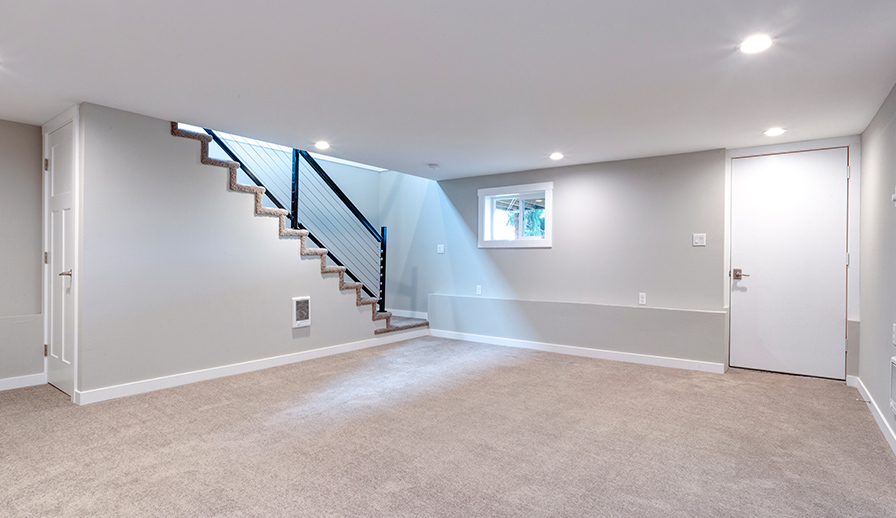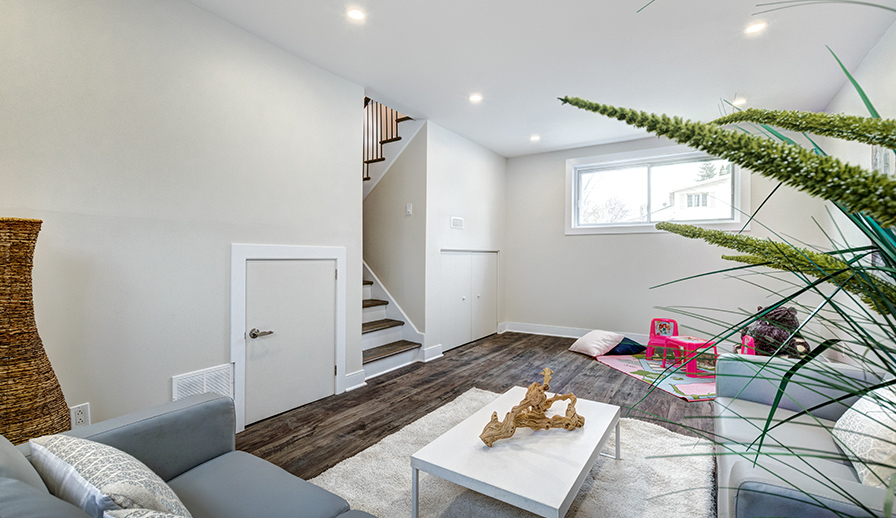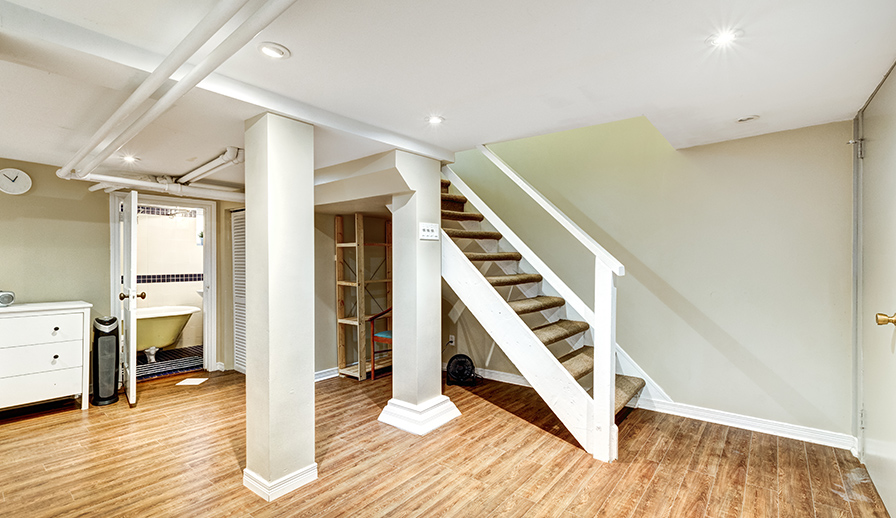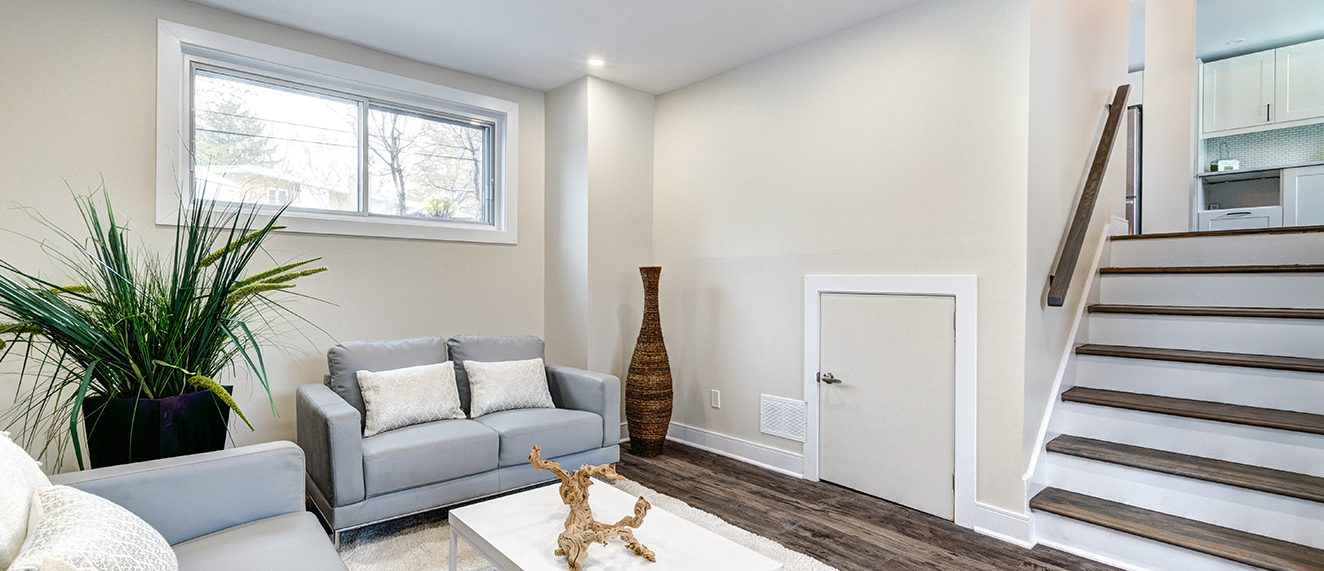Struggling to find content to share on your social media pages?
Stop scrolling through Instagram and Facebook. All you need is REALTOR.ca.
Our consumer lifestyle blog, Living Room, offers content including home improvement, market trends, DIY projects, neighbourhood guides and profiles on unique homes. Living Room publishes exciting new content four times a week (with unique French content for our Francophone fans).
While CREA Café is curated specifically to help your business grow and thrive, Living Room content is perfect to share with your clients.
Owned and operated by the Canadian Real Estate Association (CREA), REALTOR.ca is the No. 1 real estate platform in Canada (Comscore, 2020) with MLS® System listings from across the country.
Share this blog with your clients and followers with the Facebook button below!
You can also follow REALTOR.ca on Twitter, Instagram and Pinterest.
You can read the original blog here.

With Canadians spending more time at home, opportunities to level-up our living spaces continue to present themselves. You may have spent time pampering your pets, setting a new tone in the bathroom, or even performing some long-overdue home maintenance. If you’ve been considering uncharted home improvement territory, then it could be time to finish your basement. Let’s look at some key considerations to help you plan for this project.
Is it worthwhile?
Undoubtedly this is one of the biggest projects you can undertake in your home, and it carries some risks as well as a hefty price tag. On the flipside, you’ll not only increase the livable space in your home, your property value could see a substantial boost. Whether you hire a pro to complete the work or execute this epic DIY yourself, the added value alone makes this a worthy endeavour (if approached correctly).
Besides general considerations for this project, you’ll need to assess costs. Consider a professionally finished basement will cost between $35 and $55 per square foot (0.93m2). Of course, this cost would be reduced for a DIY, but it’s a good baseline for budgeting.
Important: If you’re considering converting to a basement apartment, consulting your municipality and a qualified professional are both key in planning for a safe and legal living space for family or tenants.

Common pitfalls to avoid
Working without a permit: This is one of the most common mistakes when it comes to any type of renovation, causing potential financial and legal woes down the road—especially when selling your home.
Ignoring moisture: Before proceeding it’s important to confirm if conditions are suitable for finishing. Basement humidity levels must be maintained at 55% or less. Anything above 60% presents a mould risk. Tip: Taping two-foot squares of plastic sheeting strategically on the walls and floor for two-week periods is an excellent way to test for moisture penetration.
Improper flooring: Another major pitfall for finished basements is when carpet or organic flooring are laid on concrete. This can create conditions for condensation to collect, so it’s important to employ proper subflooring materials, or if possible, use inorganic flooring such as ceramic tiles.
No backup sump pump: If your basement requires a sump pit and pump to address drainage during spring or sustained rain, it’s important to maintain a working backup pump for emergencies. Tip: During dry periods, practice swapping out your pumps to avoid any panic when there’s a pump failure.
Poor drainage: One of the most important considerations takes place outside your home. Ensure your gutters direct water at least 10 feet away from the home, and that the surrounding soil slopes away from the structure.
Inadequate ceiling clearance: While most homeowners are not likely to attempt finishing a crawl space, it’s important to meet minimum code requirements for ceiling clearance. Clearance height may vary from city to city, but generally speaking you must keep a minimum height (below beams and ducts) of 6’11” for at least 75% of your usable floorspace.

Consult professionals
This can’t be stressed enough. Even if you plan to do the finishing work yourself, it’s best to consult a professional for this type of project. A building engineer or architect can help you develop a plan to avoid missing key details, while also helping to assure building permit approval.
All electrical, plumbing, or support structure work should be performed by licensed professionals to avoid costly, dangerous mistakes.
Materials
Once you have a plan, it’s time to purchase the materials you’ll need to accomplish this project. Assuming any drainage or moisture seal issues have already addressed, here are the main materials to plan for:
- Treated lumber for studs (treated lumber is less susceptible to warping and rot)
- Metal or wood furring strips to create offsets along your walls (a must for uneven walls)
- Insulation (a solid foam insulation is recommended if it will contact the walls directly)
- Flooring materials (subflooring, carpet, laminate or tile)
- Drywall
- Paint
- Concrete sealer
- Hammer drill with masonry bits, masonry screws or slip anchor sleeves
- Plumbing (if you plan to install a bathroom or make changes to your laundry area)
- Sump pumps (every sump pit should have a primary and a backup pump)
Understandably, there’s a lot to consider, learn, and absorb when preparing to finish your basement. Taking the time to carefully plan out your project while being mindful of potential pitfalls will go a long way towards creating a beautiful space you can not only be proud of, but will provide years of enjoyment for your family, and those of future owners.




